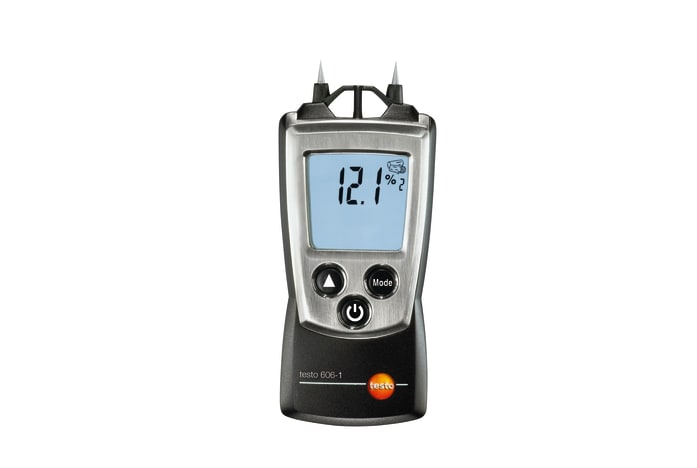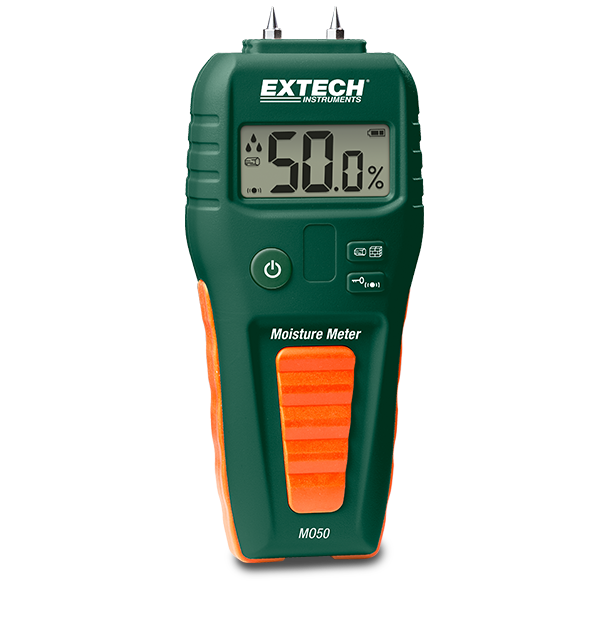The Ultimate Overview to Choosing the Right Moisture Meter for Your Demands
The Ultimate Overview to Choosing the Right Moisture Meter for Your Demands
Blog Article
The Ultimate Guide to Moisture Meters: A Comprehensive Overview and How They Can Conserve You Money
In the realm of building maintenance, building, and various sectors, the relevance of accurately gauging dampness degrees can not be overemphasized. Moisture meters work as vital devices in finding and checking moisture content in materials, aiding in stopping expensive damages and making certain the high quality of products. Recognizing the subtleties of various types of dampness meters, their applications, and the potential cost-saving advantages they offer can be a game-changer for experts and services alike. Uncovering just how these tools can not only enhance processes however also contribute to monetary cost savings is a trip worth starting.
Types of Wetness Meters
Various kinds of wetness meters are available for different applications in various markets. One typical kind is the pin-type wetness meter, which measures the electric resistance between two pins put into a product. This kind appropriates for wood, drywall, and other structure products. Pinless dampness meters, on the other hand, use electromagnetic sensing unit plates to scan a larger area without creating damages to the material's surface. Moisture Meter. These meters are ideal for rapidly assessing moisture levels in large areas such as floors and wall surfaces.

Infrared dampness meters measure the thermal residential or commercial properties of a product to identify its wetness content non-invasively, making them useful for applications where pin or pinless meters might not be appropriate. Comprehending the various types of moisture meters offered can help industries pick the most ideal tool for their details moisture measurement requirements.

Benefits of Using Dampness Meters
Moisture meters supply very useful advantages in precisely examining and keeping track of moisture levels in diverse materials and atmospheres. One of the primary advantages of utilizing dampness meters is the prevention of prospective damage triggered by excess wetness.
Moreover, using wetness meters can lead to raised energy efficiency. In farming setups, moisture meters play a critical duty in enhancing crop returns by making it possible for farmers to monitor soil moisture levels and make informed watering choices.
Exactly How to Pick the Right Wetness Meter
Selecting the proper moisture meter entails thinking about key aspects such as product compatibility, dimension array, and calibration precision. When choosing a wetness meter, it's important to make sure that the meter appropriates for the specific product you will certainly be screening. Various materials have differing electrical properties that can affect wetness analyses, so choosing a meter created for your material is important for exact results. Additionally, take into consideration the measurement variety of the wetness meter. Make certain that the meter can find dampness degrees within the variety required for your applications. Calibration accuracy is another vital factor to maintain in mind. Select a moisture meter with dependable calibration to make certain precise and constant analyses. Some meters may call for routine calibration changes, so comprehending the calibration procedure is very important. By meticulously assessing these aspects, you can select a wetness meter that satisfies your requirements and gives accurate wetness measurements for your jobs.
Proper Techniques for Wetness Meter Use

Cost Savings Through Dampness Meter Applications
Exactly how can the tactical usage of dampness meters lead to considerable price financial savings across different markets? Moisture meters play an why not try these out essential duty in expense financial savings by preventing prospective damages and making sure quality assurance in various industries. In the agriculture market, dampness meters aid in determining the optimal time for harvesting crops, stopping over-drying or excess moisture that can impact the end product's top quality. This accurate monitoring aids farmers prevent unneeded losses and optimize their return.
Similarly, in building, dampness meters assist prevent expensive damages by spotting dampness levels in structure products, such as wood or concrete, which can cause architectural problems otherwise dealt with promptly. By recognizing problem locations beforehand, specialists can take restorative steps to prevent comprehensive fixings or substitutes, eventually saving money and time.
Furthermore, in the food handling sector, wetness meters are vital for checking item quality and guaranteeing conformity with safety and security policies. By properly determining wetness content in food, producers can protect against putridity, maintain freshness, and decrease waste, resulting in significant expense financial savings. Generally, look these up the calculated application of moisture meters is a valuable financial investment that can result in considerable cost reductions and improved efficiency throughout different sectors.
Final Thought
To conclude, moisture meters are beneficial tools for spotting and gauging wetness degrees in different materials. By using the best dampness meter and complying with appropriate strategies, individuals can efficiently stop pricey problems created by excess dampness. Investing in a quality dampness meter can bring about considerable cost savings over time by recognizing potential problems at an early stage and enabling prompt remediation. Inevitably, dampness meters are essential instruments for keeping the stability and long life of frameworks and products.
Dampness meters serve as vital tools in spotting and keeping track of moisture material in materials, helping in stopping pricey damages and making directory certain the quality of items. Infrared moisture meters measure the thermal homes of a product to establish its wetness material non-invasively, making them useful for applications where pin or pinless meters might not be suitable.Moisture meters provide important advantages in precisely keeping an eye on and evaluating wetness levels in varied products and settings. In agricultural settings, dampness meters play a crucial role in enhancing plant returns by making it possible for farmers to check dirt dampness levels and make informed irrigation decisions.In verdict, dampness meters are important tools for spotting and measuring moisture levels in various products.
Report this page